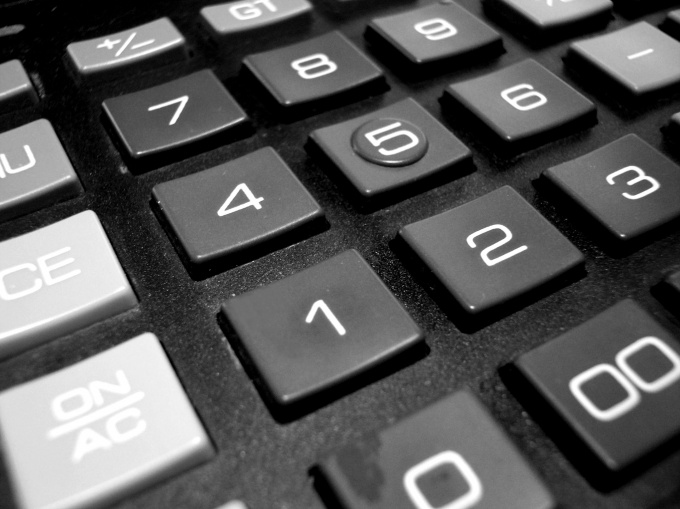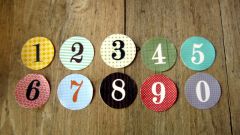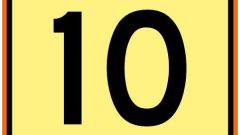You will need
- Divisibility rules
Instruction
1
First, make sure that any natural number greater than one, has at least two divisors - one and itself. Indeed, a:1 = a, a:a = 1. Numbers that have only two divisors, are called simple. The only divider unit is obviously the unit. That is, one is not a Prime number (and is not composite, as we will see later).
2
Numbers that have more than two divisors are called composite. What number can be composite?
Since even numbers are divisible by 2 divisible, then all the even numbersexcept the number 2, are composite. Indeed, when dividing 2:2 deuce divided within itself, ie it has only two divisor (1 and 2) and is a simple number.
Since even numbers are divisible by 2 divisible, then all the even numbersexcept the number 2, are composite. Indeed, when dividing 2:2 deuce divided within itself, ie it has only two divisor (1 and 2) and is a simple number.
3
Will see if there are an even number of even some dividers. Divide it first by 2. From the commutative operation of multiplication it is obvious that the resulting quotient will also be a divisor of the number. Then, if the resulting quotient is an integer, and divide again by 2 already it's private. Then the resulting new quotient y = (x:2):2 = x:4 will also be a divisor of the original numbers. Similarly, 4 is a divisor of the original numbers.
4
Continuing this chain, we can generalize the rule: sequentially divide an even number first and then the resulting private for 2 to until a certain individual will not be equal to an odd number. In this case, all the resulting private are divisors of this number. In addition, the divisors of this number will be the number 2^k where k = 1...n, where n is the number of steps of the chain.Example: 24:2 = 12, 12:2 = 6, 6:2 = 3 - an odd number. Consequently, the 12, 6 and 3 factors of the number 24. In the chain 3 steps, therefore, divisors of the number 24 will also be the number 2^1 = 2 (already known from the parity of the number 24), 2^2 = 4 2^3 = 8. Thus, the number of 1, 2, 3, 4, 6, 8, 12 and 24 are divisors of the number 24.
5
However, not all even numbers, this scheme can give all the divisors of the number. Consider, for example, the number 42. 42:2 = 21. However, as we know, the numbers 3, 6 and 7 will also be divisors of the number 42.
There are divisibility rules for certain numbers. Will discuss the most important of them:
Divisibility by 3: when the sum of the digits of the number is divisible by 3 without a remainder.
Divisibility by 5: last digit when the number is 5 or 0.
Divisibility by 7: when the result of subtracting twice the last digit from this number the last number is divided by 7.
Divisibility by 9 when the sum of digits of number divisible by 9 without a remainder.
Divisibility by 11: when the sum of digits occupying odd places, or equal to the sum of digits occupying odd places, or differ from it by a number divisible by 11.
There are also divisibility rules for 13, 17, 19, 23 and other numbers.
There are divisibility rules for certain numbers. Will discuss the most important of them:
Divisibility by 3: when the sum of the digits of the number is divisible by 3 without a remainder.
Divisibility by 5: last digit when the number is 5 or 0.
Divisibility by 7: when the result of subtracting twice the last digit from this number the last number is divided by 7.
Divisibility by 9 when the sum of digits of number divisible by 9 without a remainder.
Divisibility by 11: when the sum of digits occupying odd places, or equal to the sum of digits occupying odd places, or differ from it by a number divisible by 11.
There are also divisibility rules for 13, 17, 19, 23 and other numbers.
6
As for even and for odd numbers you need to use signs division for a particular number. Dividing a number, you should determine the divisors of the resulting private, etc. (the chain is the same chain of even numbers by dividing them by 2, described above).




